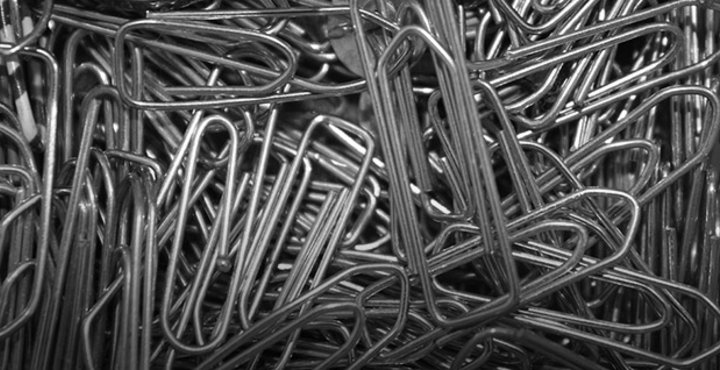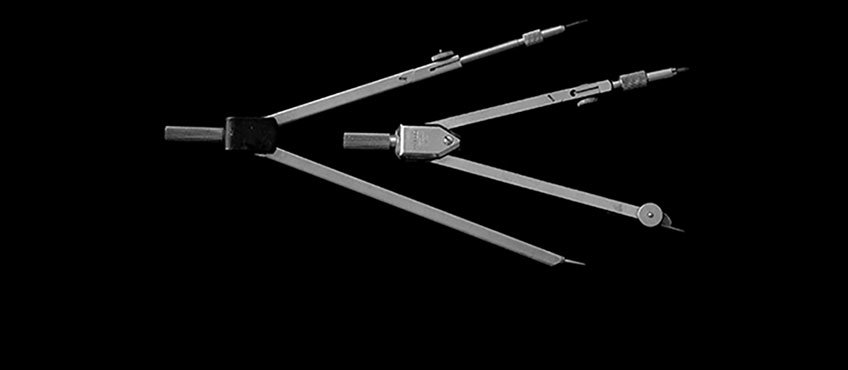Kurt Vonnegut once described technical writers as "trained to reveal almost nothing about themselves in their writing. This makes them freaks in the world of writers, since almost all of the other ink-stained wretches in that world reveal a lot about themselves to the reader."
"Freaks" might be a little harsh, but the sentiment is true: technical writing is much different than most other kinds of writing. That means technical writers are a special breed of writer.
So, what is a technical writer, anyway?
What is a technical writer?
A technical writer is someone who produces documentation that explains the treatment, functions, and/or design of a product or service under development or currently in use to help the user, either a consumer or technician, best understand the product or service.
Think of it this way: If the product or service is a soufflé, and the technical document is the cookbook, then the technical writer is a professional baker. It is the baker's job to provide a comprehensive and clear recipe for amateur chefs to follow to make a soufflé that doesn't fall flat or taste disgusting.
So, a technical writer's goal is to provide as much information as humanly possible in a readable and user-friendly way.
Much like soufflé baking, technical writing is difficult precisely because of the balance that must be met. It is also difficult because the technical writer must become removed from the writing, as Kurt Vonnegut notes.
It's important to remain impartial as a technical writer, because doing so helps the user in the end. The technical writer will not be around to explain anything that is unclear to the user upon reading. That means the document can't be littered by jargon, but it also needs to answer every question the user might have upon reading it—before the user can even ask it.
What does a technical writer actually do?
To maximize the comprehension of the user, a technical writer must first know his or her audience well. The audience can be a client, customer, or technician in either the case of a product or a service.
The technical writer must take into account the reader's expectations, knowledge level, tasks, etc. A technical writer should, of course, know both the purpose and the context of the document he or she is producing to design a document that is arranged properly for clarity, emphasis, and tone.
Furthermore, technical writers must possess both writing and technical abilities. Often, technical writers have an understanding of diverse fields, as they must be experts in using language and have a very specific technical knowledge of whatever kind of document they are working on.
Technical writers may work alone or as part of a team.
As with most writing, it's always a good idea to have it looked over by someone with a little more distance. A technical writer must often make improvements to his or her writing to ensure optimal clarity and correctness.
What types of writing does a technical writer produce?
A better question might be: what kind of writing doesn't a technical writer produce?
Technical writers are a part of most fields. That tiny booklet that came with your brand-new laptop? Written by a technical writer. The instructions accompanying your favorite board game? A technical writer. The writing on the side of the IKEA box? A technical writer in Sweden.
Technical writers may produce white papers—reports that inform the reader to understand an issue as simply as possible. They are in charge of system manuals, end-user manuals, training manuals . . . most kinds of manuals. A technical writer also might work on project plans, test plans, or design specifications.
On the more human side of writing, a technical writer might be in charge of online help in the form of user assistance with applications or programs, business correspondence between organizations or between an organization and its clients, or the creation of e-learning tools to help with the growing field of online training.
Yes, that means technical writers work both online and offline, in print and on the web, freelance or for an organization, by themselves or on a team, for a user or a technician, etc.
The world of a technical writer is vast and diverse!
Conclusion
So, if the question is, "What is a technical writer?" the answer is, "Everything!"
A technical writer is never just a technical writer. A technical writer is also a researcher, a planner, a developer, a producer, an editor, and an evaluator all at once.
Image source: energepic/Stocksnap.io









